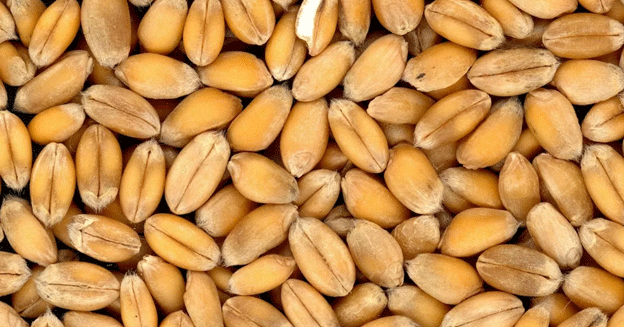Unprocessed wheat faces declining demand in today’s global markets. To tackle this, agricultural leaders in Kazakhstan are prioritizing the deep processing of wheat, transforming it into high-value products like gluten, starch, bioethanol, and lysine.
This transition aligns with statements from Kumar Aksakalov, emphasizing that unprocessed wheat has limited market appeal. A new wheat processing plant, capable of handling up to 100,000 tons annually, is at the center of these efforts.
Key Projects in Agro-Processing
The planned wheat processing facility is not an isolated initiative but part of a broader push to develop the agro-industrial complex (AIC). Other notable projects include:
- Legume Processing Plant: This full-cycle facility, backed by Turkish investors, aims to transform local legume production.
- Corn Processing Collaboration: Discussions with Chinese partners have explored diverse production lines for corn. However, the crop’s short growing season in the region poses challenges.
Unlike corn, wheat, a traditional and abundant crop in the region, offers reliable raw material for large-scale processing. This ensures a stable supply for the planned facilities, which are set to boost the region’s economic development.
Benefits of Agro-Processing Investments
1. Value Addition:
Processing raw crops into finished goods like bioethanol or lysine significantly increases their market value.
2. Market Stability for Farmers:
Processed goods reduce dependency on volatile global wheat prices and geopolitical risks that frequently disrupt logistics and trade.
3. Attracting Investments:
Land and resources allocated for these facilities are attracting domestic and international investors, fostering regional economic growth.
4. Diversification of Output:
The production of a wide range of goods ensures that local agriculture is not overly reliant on raw crop sales, offering resilience against market fluctuations.
Challenges in Implementation
Despite the promising outlook, some challenges must be addressed:
- Infrastructure Development: Efficient transportation and storage systems are essential for seamless processing and export operations.
- Skilled Workforce: Operating high-tech processing plants requires specialized skills, necessitating workforce training initiatives.
- Investment Risks: Economic and political uncertainties may deter potential investors, requiring strong government backing and policy support.
The Road Ahead: A Transformative Opportunity
The deep processing of wheat and other crops represents a turning point for Kazakhstan’s agricultural sector. By reducing reliance on raw crop exports and emphasizing value addition, these initiatives could enhance the region’s competitiveness in global markets while providing stability and profitability for farmers.
As the plans take shape, the collaboration between local authorities, international investors, and agricultural stakeholders will be crucial to realizing this vision.
Error





